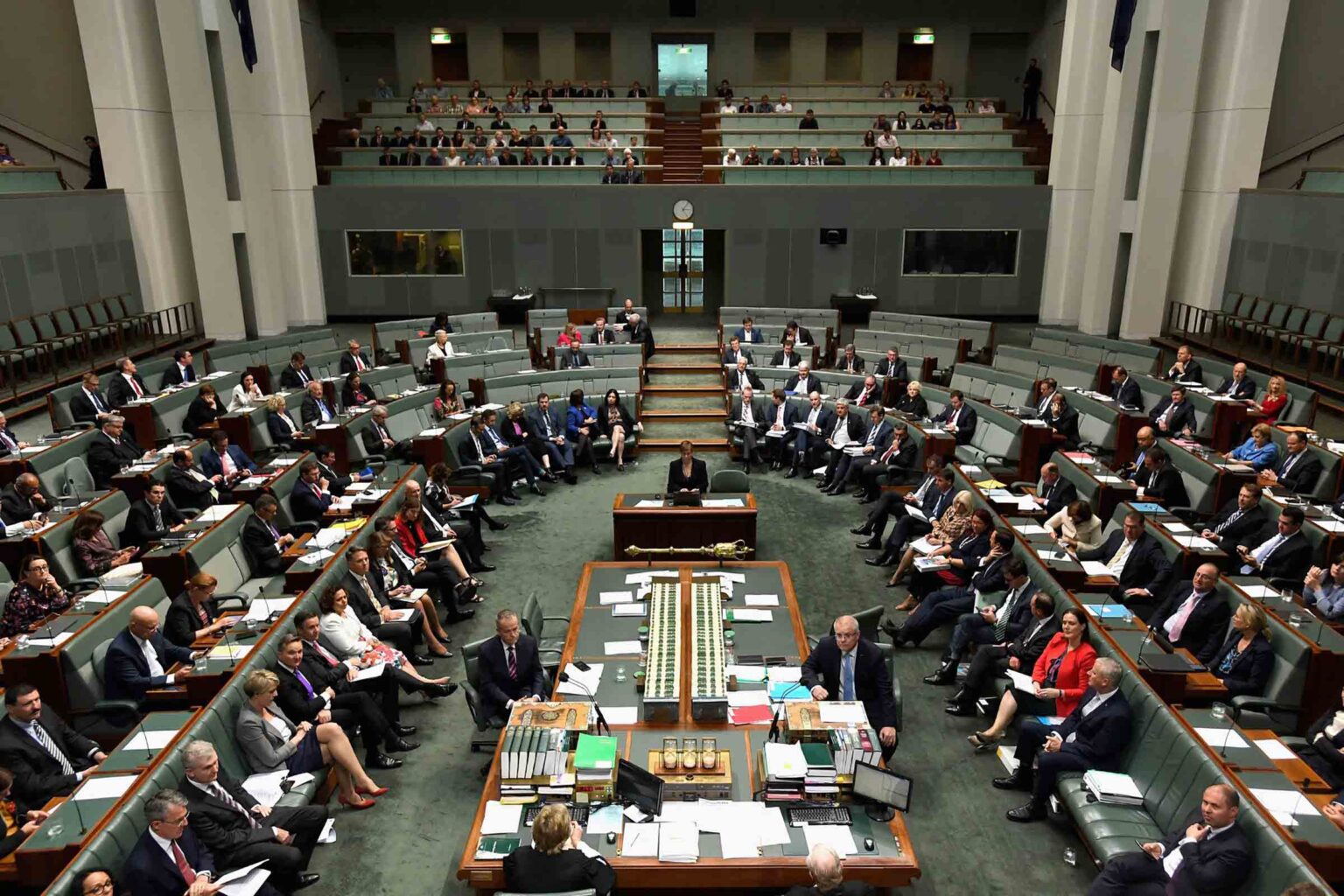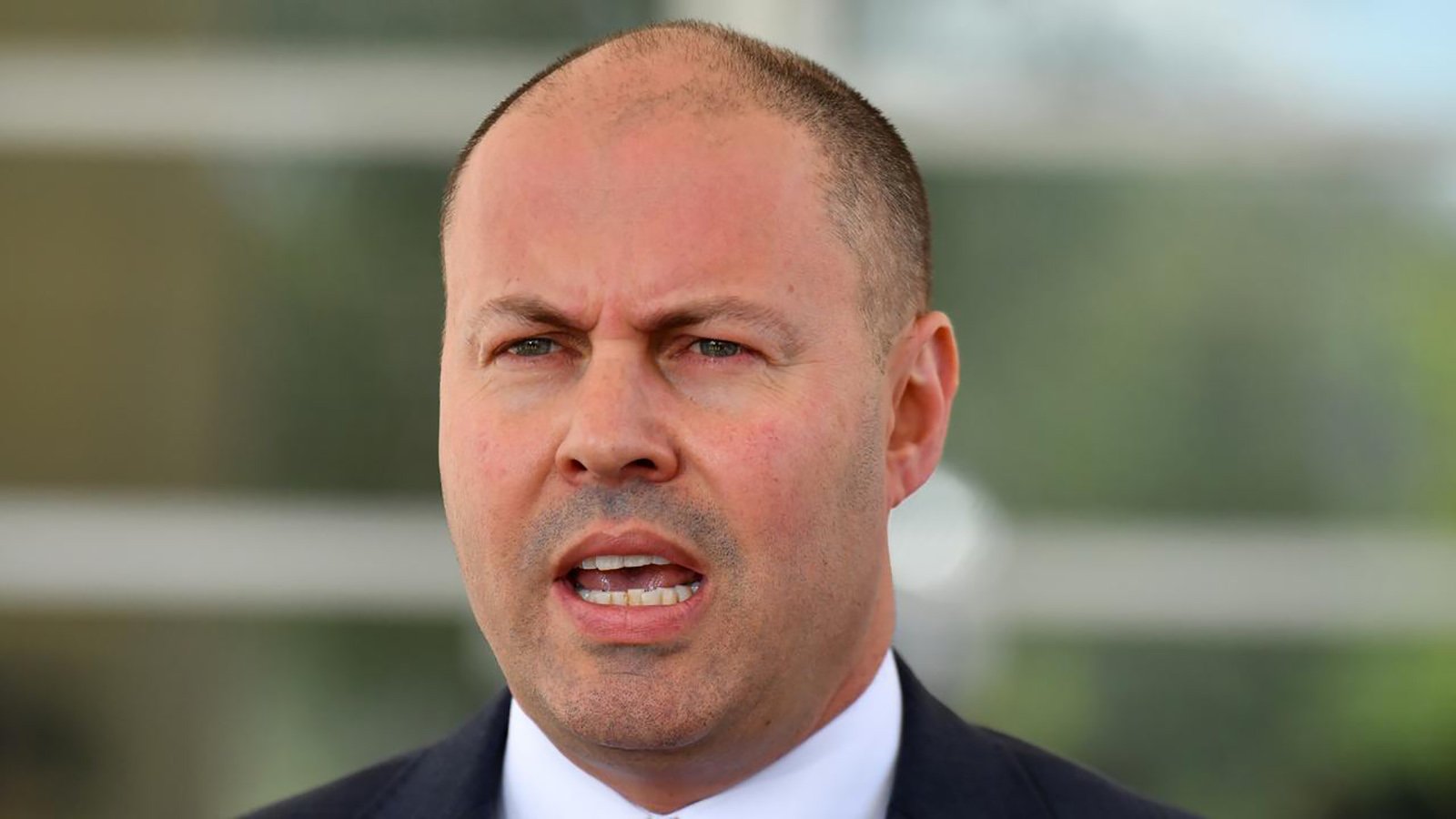
What will Australia’s latest media law mean for Facebook and Google?
Behemoths of the internet, Facebook & Google are facing a new day in Australia. The country has passed a new law that will require digital platforms like Facebook & Google to pay local media outlets & publishers to link their content on news feeds or in search results.

Groundbreaking decision
The move was widely expected and comes days after the government introduced some last-minute amendments to the proposed bill, known officially as the News Media & Digital Platforms Mandatory Bargaining Code.
“The Code will ensure that news media businesses are fairly remunerated for the content they generate, helping to sustain public interest journalism in Australia,” Treasurer Josh Frydenberg and Communications Minister Paul Fletcher said in a joint statement.
They added that the government was “pleased to see progress by both Google and more recently Facebook in reaching commercial arrangements with Australian news media businesses”. The law will be reviewed by the Treasury within one year of its commencement, the officials said.

Negotiation arbitration
Both Facebook & Google have fought against the law since last year. Australia has become the first country where a government-appointed arbitrator can decide on the final price that either platform will have to pay Australian news publishers, provided a commercial deal cannot be reached independently.
The decision is made by a ruling in favor of either party — the digital platform or the publisher — with no room for a middle-ground agreement, according to experts. In this week’s amendments, the government said the parties involved will get a two-month mediation period to broker deals before they are made to enter arbitration as a last resort.

Print papers poor
The law is designed to address the loss of advertising revenue from traditional media companies to the digital behemoths. For every $100 of online advertising spend, $53 goes to Google, $28 to Facebook and $19 to everyone else.
The draft code was made more urgent as it was released in the midst of the pandemic. News Corp Australia stopped printing 60 of its local newspapers and regional newspapers in Victoria, some older than 100 years, shut suddenly as advertising revenue dried up overnight.
Newspapers say Google makes money from news & analysis provided by media organizations, & users would find Google & Facebook much less helpful if no news appeared on their feeds or in their search results.

Internet profits are bit*****
Meanwhile Google & Facebook are doing very well: Google made $4.3bn in advertising revenue in Australia last year & Facebook made $0.7bn, according to documents filed with the Australian Securities & Investments Commission.
If Facebook & Google decide not to cooperate, they will pay a penalty of $10m, or 10% of annual Australian turnover, or three times the benefit obtained, whichever is the greater.
But the stiff penalty only applies if they breach the key provisions of failing to negotiate or take part in arbitration in good faith; fail to comply with an arbitration decision; or engage in retaliatory action against news media companies. The code aims to ensure that news media businesses are fairly remunerated for the content they generate, helping to sustain public interest journalism in Australia.

Microsoft in the mix
Microsoft President Brad Smith weighed in on Australia’s decision, calling the new law “a big step forward”. He said in a tweet that it would “ensure publishers & journalists get paid a fairer share for their work”.
Microsoft publicly backed the media code this month after Google initially threatened to pull its Search function from the country. The company’s Bing search engine holds just 3.6% of market share in Australia, a fraction of Google’s 94.5% share, according to web analytics firm StatCounter.
Australia’s new law could set a precedent for how other countries regulate Big Tech. Countries like France have undertaken some measures to make the tech firms pay for news, while others like Canada and the UK are considering their next steps.







